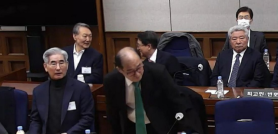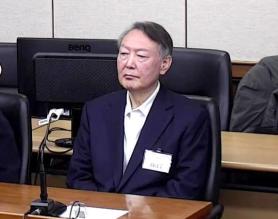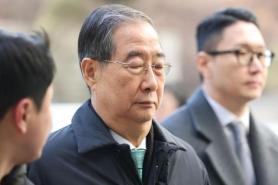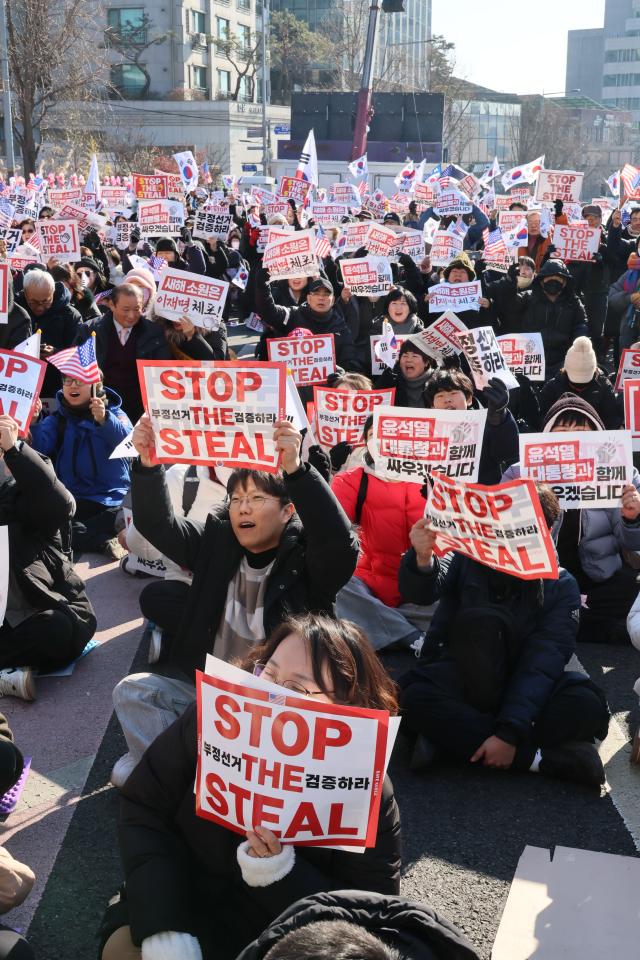
SEOUL, January 05 (AJP) - A heated debate has erupted online over whether defending South Korean President Yoon Suk Yeol over his Dec. 3 declaration of martial law could lead to criminal charges.
Some argue that endorsing Yoon’s conduct could itself be punishable, while others assert that such claims infringe upon the freedom of political expression guaranteed by the Constitution.
At the heart of the discussion is the potential application of sedition charges for those who post or comment in support of the president’s actions.
Multiple online forums have been abuzz with discussions about how to report individuals who defend the martial law declaration, particularly those who claim it was not a rebellion or who argue it was justified.
These posts often include warnings that anyone endorsing these views could face charges, citing the fact that sedition charges do not have a statute of limitations.
According to South Korean criminal law, those who incite or spread propaganda for rebellion can face prison sentences of three years or more. The legal definitions of "incitement" and "propaganda" are key: "incitement" involves encouraging others to commit a crime, while "propaganda" refers to spreading justifications for it.
Many online users have pledged to report posts that they believe are defending the martial law declaration. However, others have raised doubts, questioning whether the charge of sedition could even apply to President Yoon, given that the legal status of the rebellion remains unclear. Some have even labeled the warnings of reporting as a form of intimidation, rather than a legitimate legal threat.
This controversy has played out also offline, with President Yoon’s legal team defending the declaration of martial law as not constituting rebellion.
Seok Dong-hyun, Yoon’s lawyer, recently argued that the martial law declaration should not be classified as sedition. In response, members of the main opposition Democratic Party filed a sedition complaint against Seok, accusing him of legitimizing a rebellion. Seok, in turn, countersued, claiming that the party was attempting to suppress his right to express a legal opinion.
On Jan. 2, the Democratic Party filed sedition charges against eight lawmakers from the ruling People Power Party and four prominent ultra-right YouTubers. The charges were based on accusations that they had supported President Yoon’s actions during the martial law period.
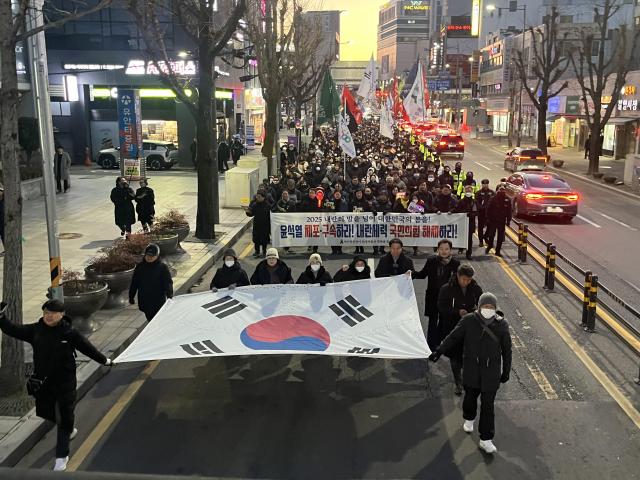
Some legal experts say it is unlikely that ordinary citizens could be charged with sedition merely for expressing support for Yoon’s martial law declaration. Under the criminal law, sedition charges require concrete evidence that someone has incited rebellion or encouraged others to disrupt the state.
Baek Won-gi, a professor at Incheon University and president of the Korean Association of Law Professors, pointed out that supporting an action that had already been carried out and subsequently lifted through a National Assembly vote is inconsistent with the legal definition of sedition.
For sedition to apply, there must be a clear, concrete intent to undermine the government’s constitutional order.
Kim Han-kyu, a lawyer and legal advisor to Seoul police, argued that while each case should be examined individually, the ongoing debate underscores the tension between free expression and national security. “This raises fundamental questions about the limits of political discourse in this country,” he said.
Copyright ⓒ Aju Press All rights reserved.

